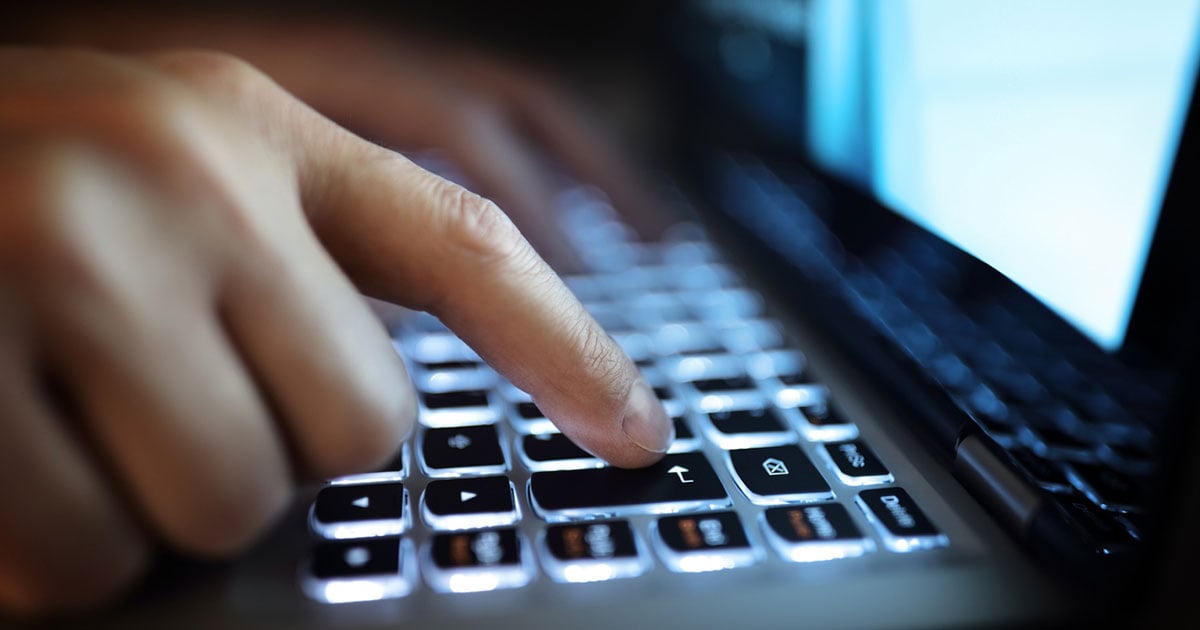
By Peter Greste, Anne Davies and Janine Cohen for Four Corners.
If you are reading this, the chances are you also have a Facebook account.
Of the 20 million Australians who use the internet, the vast majority of us also use Facebook — with over 16 million Australian accounts.
Around the world, the social media platform has almost 2 billion users — more than a quarter of everybody on the planet, and that includes those either too young to go online, or too poor to have access.
At the same time, more and more of us are spending more and more time on Facebook — 1.7 hours a day, on average.






























































































